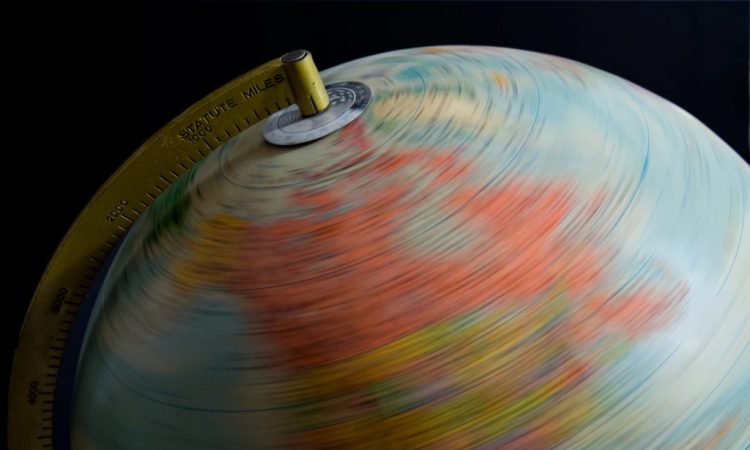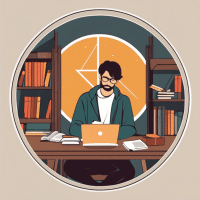
The Earth rotates continuously: we cannot perceive it and probably take it for granted. But what would happen if it stopped?
If the Earth suddenly stopped spinning, it would be catastrophic. All people and everything not attached to the planet would continue to move at Earth’s current, about 1,000 mph along the equator. “The momentum of all the stuff that normally rotates – the water, the air, all the buildings and things like that – would keep them going”explained Andrew Layden, professor of physics and astronomy at Bowling Green State University in Ohio. “Then they would break away from the surface and continue circling around, basically, in a low orbit around the Earth.”.
Advertisement
Tsunamis and earthquakes
The only parts of our planet less affected would be near the poles, which rotate little or not at all. However, the extreme force would likely trigger tsunamis and earthquakes, so things would be pretty bad for Earth. If Earth were to slow down and stop more gradually, life would still change dramatically. For example, the length of our days and nights would become longer until it lasts six months. It would also change, Layden said, since ocean currents are strongly influenced by the Earth’s rotation.
The Earth will never stop rotating
It’s possible that the lack of rotation affects the survival of life on Earth, Layden added. Our planet generates which protects us from radiation coming from space. Scientists think that Earth’s magnetic field is linked to the flow of liquid metal in our planet’s outer core, which generates electric currents and a magnetic field as the Earth rotates. Some researchers believe that the loss of Mars’ magnetic field in the distant past contributed to make the planet uninhabitable as it is today.
Because most planets rotate in the same direction
The good news is that the Earth is very unlikely to stop rotating, scientists say. Every planet we know rotates and even the stars rotate slowly. Stars form from huge circular masses of gas and dust that condense together. Because the solar system formed from a huge disk of debris around the Sun, the material that formed the solar system was also rotating. This is why most planets in the solar system rotate.
Read more:

